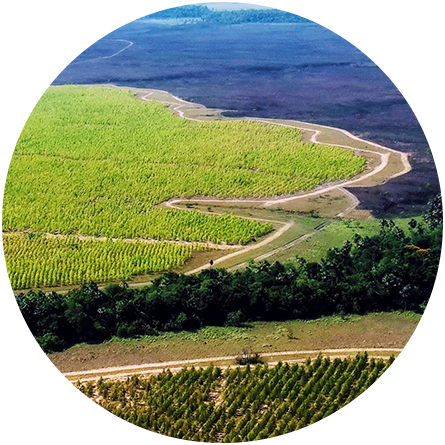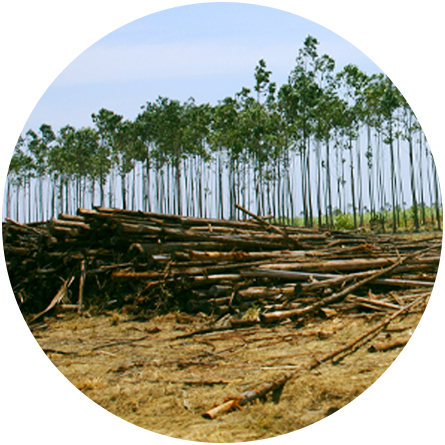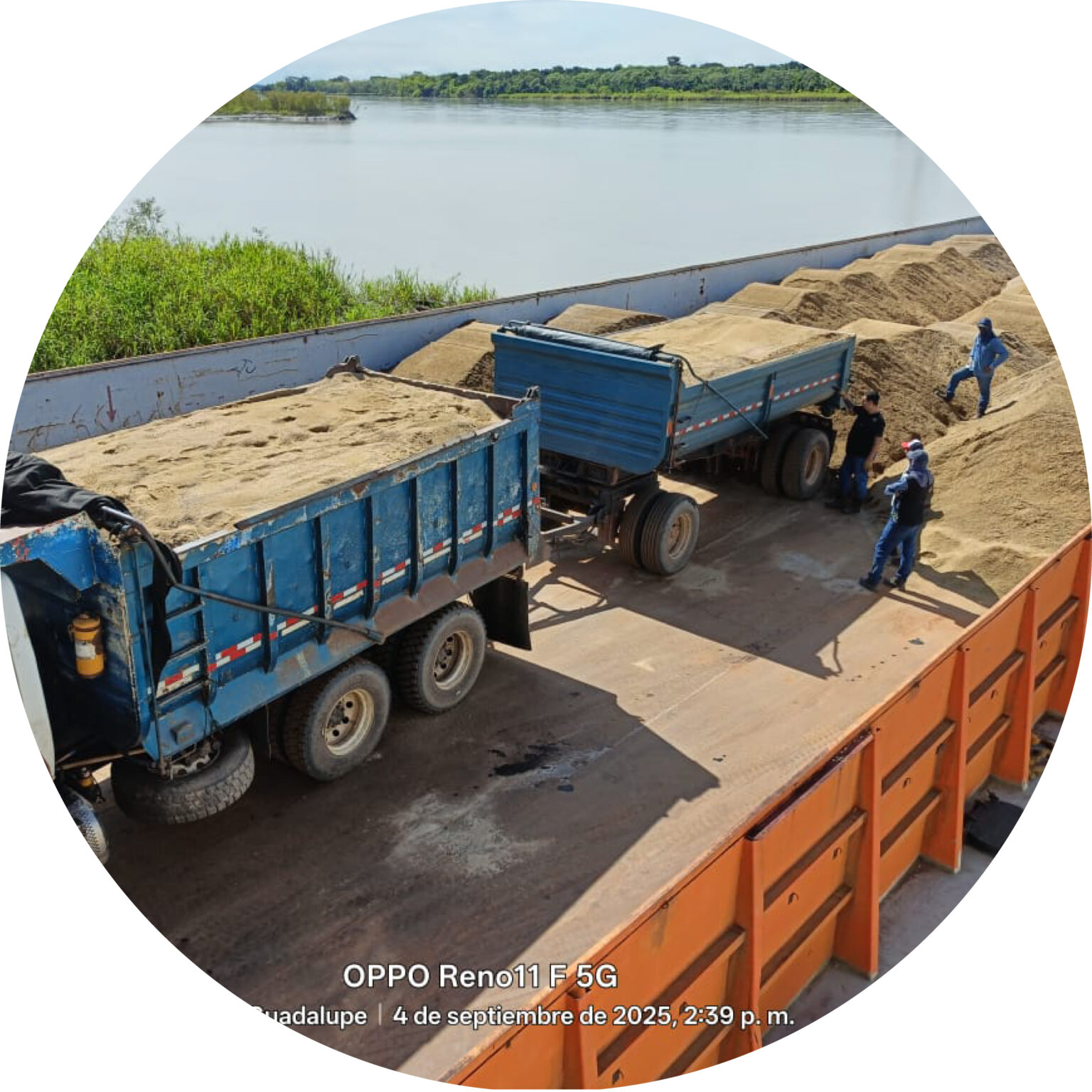
The Vichada Region is significantly underdeveloped in terms of transport, telecommunications, electricity supply and bulk services. Historically, the area had been used for illicit drug smuggling and as such no formal infrastructure development existed.

Stimulating the Colombian Economy & Forestry Growth
One of FFC’s objectives is to stimulate the growth of the forestry sector overall. FFC commissioned, at its own expense, a study through Indufor to evaluate the potential for the overall plantation forestry sector in Colombia, and to identify potential enablers to reach that potential. The study outcomes were presented to and discussed with various entities within the Colombian government including the President’s office. The study identified that Colombia could viably grow its plantation forestry sector to match the size of the energy sector, and increase GDP by $16 billion USD, create 650,000 jobs, and sequester 2.4 billion tons of carbon. The report was warmly received. We continue to interface regularly with various levels of government to ensure optimized environment and regulatory practices, and to continue to refine silviculture practices to best suit the context of our region.Road Networks
FFC is supporting the improvement of the roads in this region. The road network in Colombia is 215,000 km in length of which 23,000 (10,7%) are paved. The road infrastructure in Vichada is poor, with no paved roads in the rural areas. The rivers in the region are also used for the transportation of goods and supplies. Due to the poor transportation infrastructure in the region, the development of agricultural crops, for export purposes, is still severely constrained. To allow the situation to be improved, large quantities of lime are required to ameliorate the soil and will need to be delivered. We have been involved in the improvement of provincial roads in the project area through logistics assistance.


Communication
FFC has installed Internet links at our different operational centres to provide business communication access. At the same time our employees can remain connected to their family and friends.
As a result of the employment opportunities provided by FFC and most of the community having regular income, a national mobile phone provider has erected a tower in the village providing Colombian based communications. Previously, only Venezuelan communication providers were available.



Loading Terminals
FFC is building a small loading terminal on the Meta river that will facilitate the import of supplies and enable the export of our products. Our products will be sent up river for delivery to Puerto Guadalupe.

